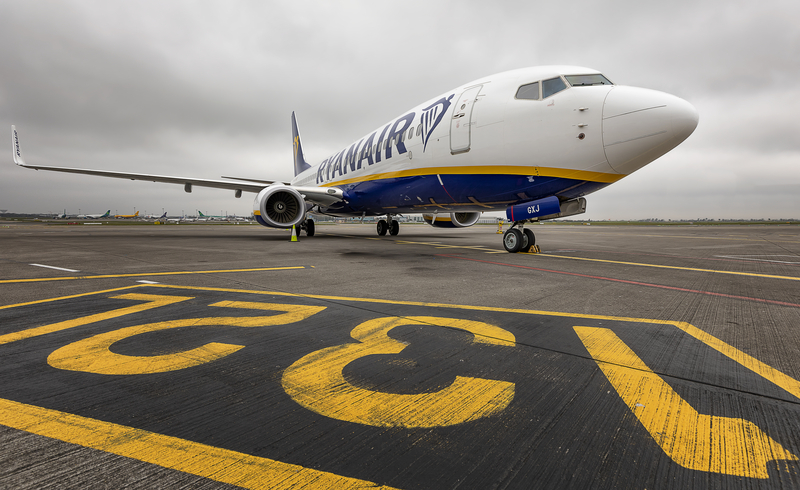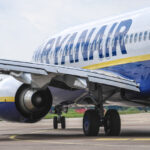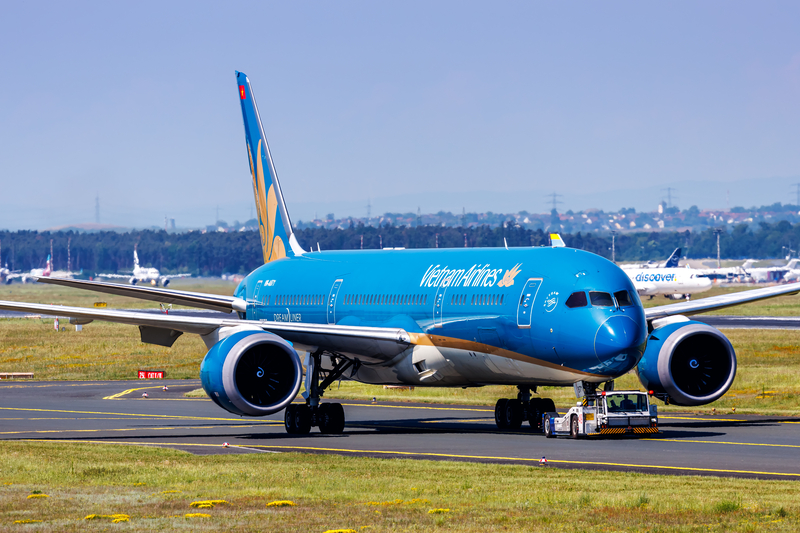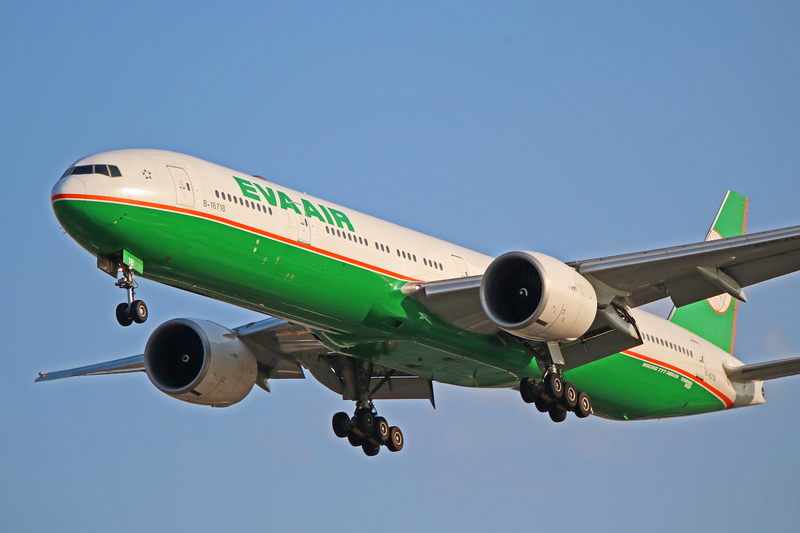Ryanair Fined €108 Million in Spain for ‘Abusive’ Extra Charges

ID 179459908 | Air © Peter Krocka | Dreamstime.com
Ryanair has been hit with a €108 million fine by the Spanish government for imposing what authorities have deemed “abusive” extra charges on passengers. The fines target practices such as charging for additional hand luggage and seat reservations, which have long been criticized by consumer advocacy groups.
Details of the Fine
Spain’s Ministry of Consumer Affairs spearheaded the investigation into Ryanair and several other budget carriers, resulting in fines totaling €179 million across the industry. Ryanair alone accounted for over half of the penalties. Other airlines penalized include easyJet, Vueling, Norwegian, and Volotea, though their fines were significantly smaller.
Spanish authorities claim these extra fees are “disproportionate and unjustified,” especially for services that many consumers consider essential parts of their ticket purchase. The ministry has stated its intention to regulate and potentially ban certain charges, marking a major shift in consumer protection for air travel in Spain.
Ryanair’s Response
Ryanair CEO Michael O’Leary has strongly criticized the fines, calling them “illegal and nonsensical.” According to O’Leary, the charges in question are standard practice across the industry and comply with European Union aviation laws. He argues that Spain’s actions could ultimately harm consumers by increasing operational costs, leading to higher ticket prices.
In a public statement, Ryanair emphasized its position as Europe’s leading low-cost airline, defending its pricing model as transparent and essential to maintaining low fares.
Broader Industry Impact
The fines come as part of a broader crackdown on extra charges within the low-cost airline sector. Airlines have increasingly relied on ancillary fees for revenue, offering low base fares while charging for optional add-ons such as baggage, seat selection, and in-flight services.
Spain’s move could set a precedent for other EU countries, potentially leading to increased scrutiny of ancillary revenue practices across Europe. This regulatory pressure may force budget airlines to reevaluate their business models, balancing profitability with consumer rights.
Impact on Passengers
For travelers, the ruling could signal a shift toward more inclusive ticket pricing in Spain. If certain fees are banned, passengers may no longer have to pay for essentials like cabin baggage or basic seat assignments. However, experts warn that airlines could offset these changes by raising base fares, potentially reducing the overall affordability of air travel.
Spanish consumer advocacy groups have welcomed the fines, describing them as a long-overdue step toward fairness for passengers.
Looking Ahead
The €108 million fine represents a significant financial blow to Ryanair, one of Europe’s largest carriers. The airline has pledged to appeal the decision and defend its pricing structure. Meanwhile, Spanish regulators are expected to announce new rules governing airline fees in the coming months, potentially reshaping the landscape for low-cost carriers in the region.
Travelers planning to fly with Ryanair or other budget airlines in Spain should stay informed about potential changes to pricing and services as the regulatory landscape evolves.




